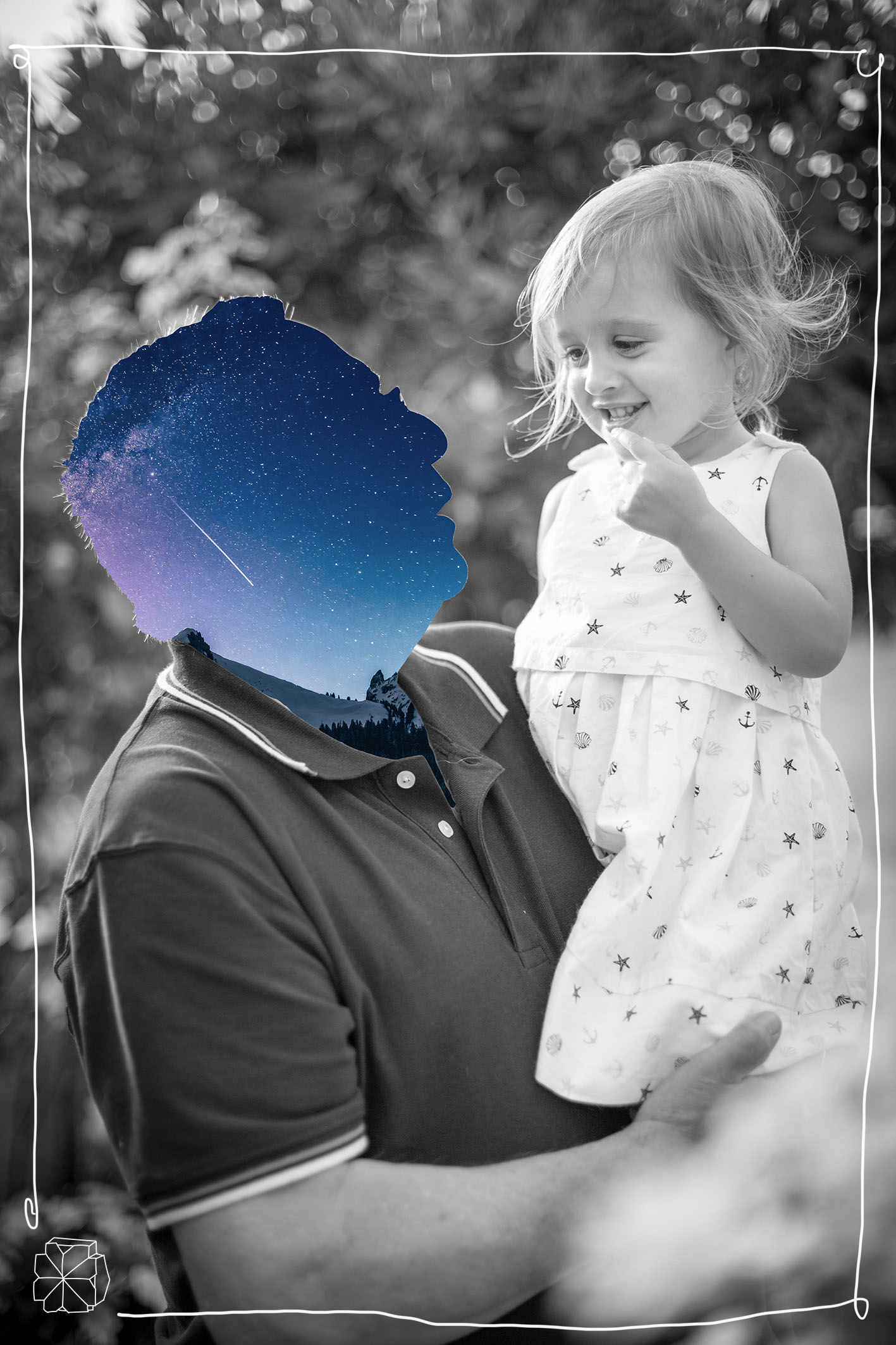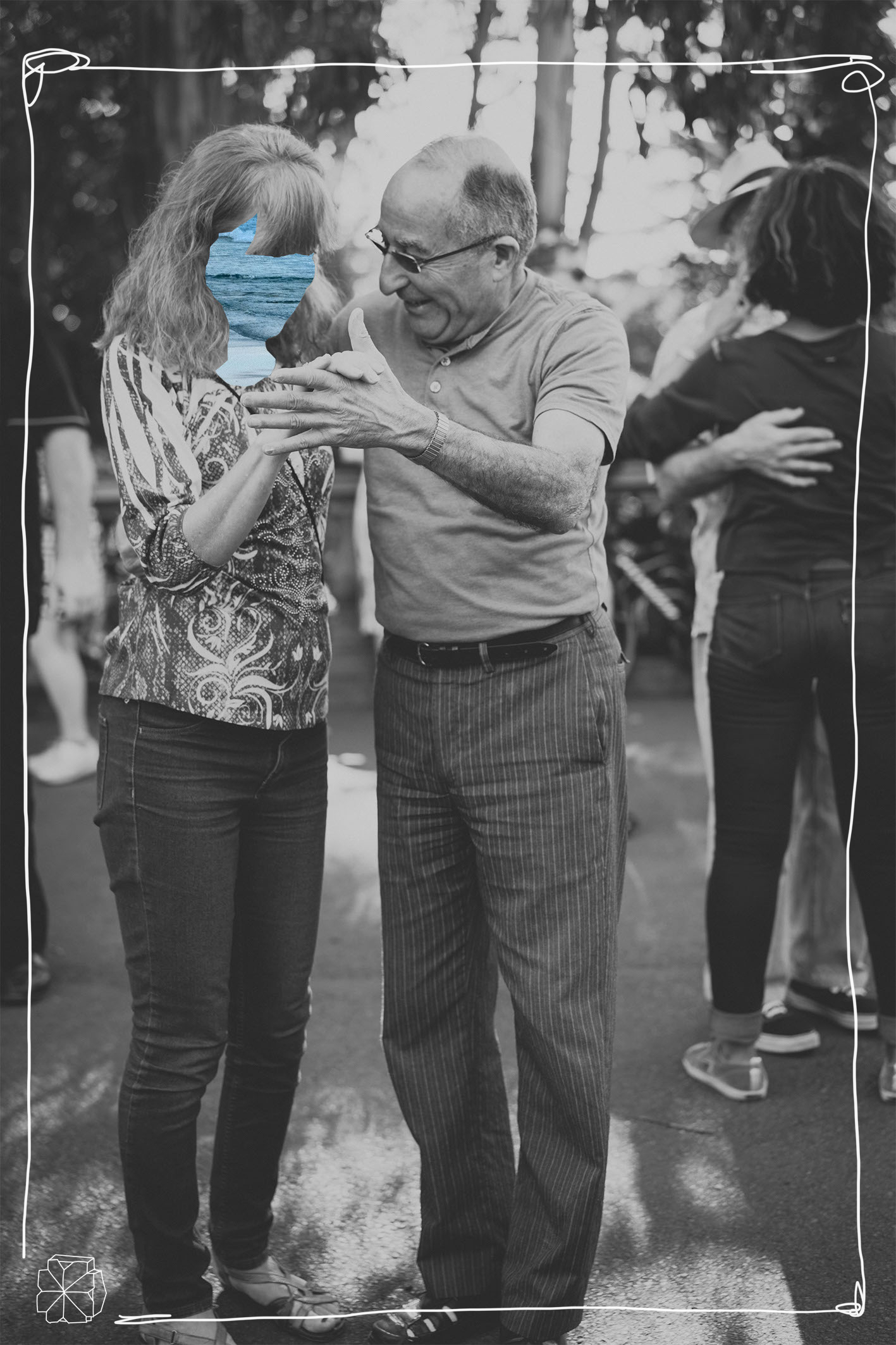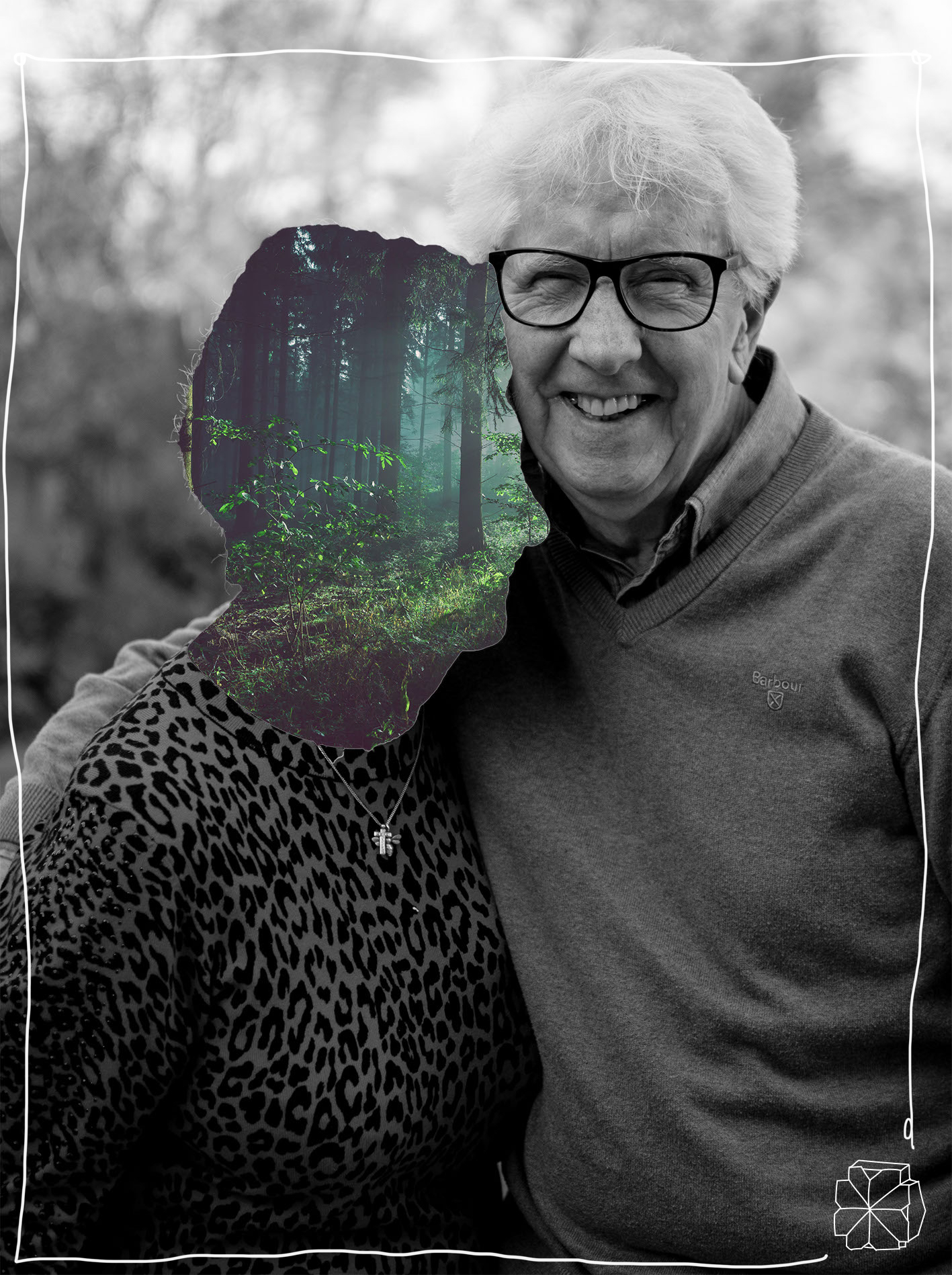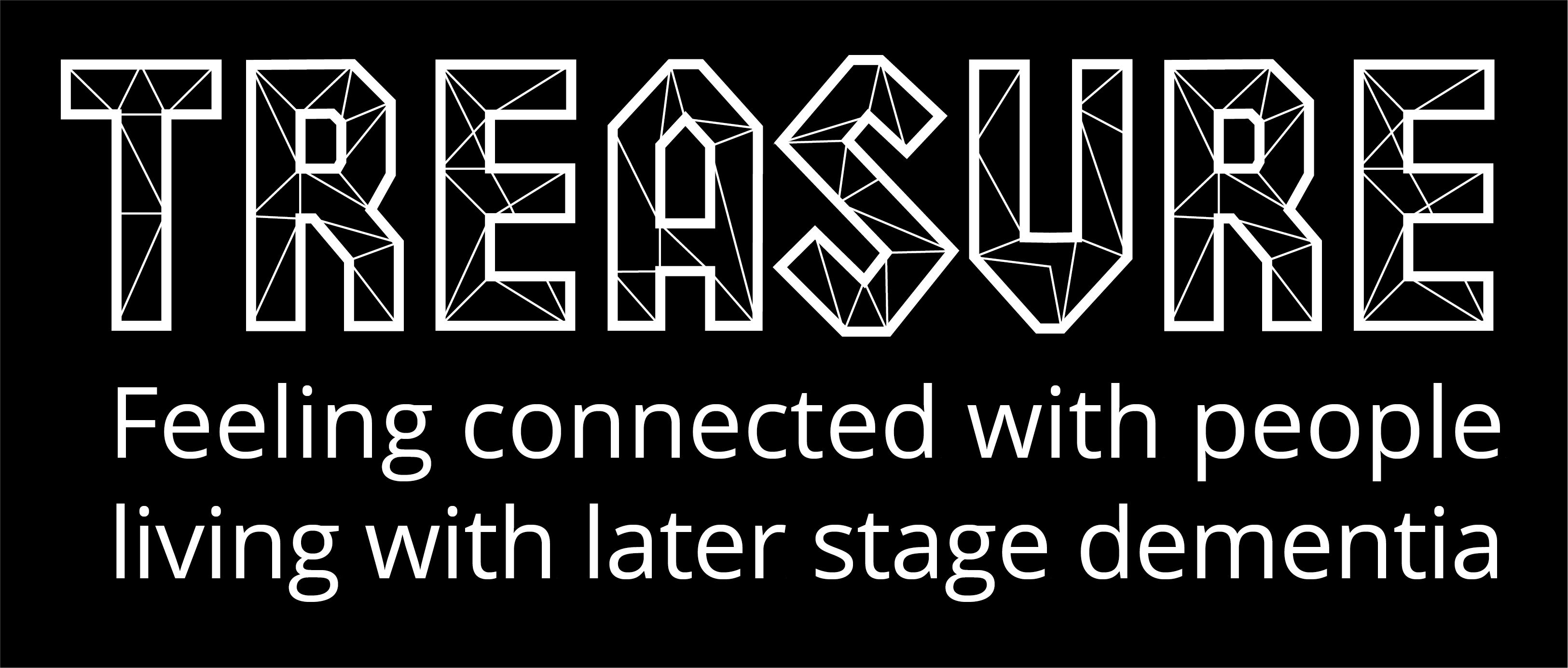MIND THE GAP
In this resource there are gaps that need to be filled; you will ‘mind the gap’ by thinking about and playing around with various words and phrases in order to fill the gaps.
The main purpose of this resource is to get us thinking about ideas we currently have about what it might be like to have advanced dementia, as well as thinking about the words we would like to use ourselves and hear other people use in relation to advanced dementia.
USING THIS RESOURCE
- This resource can be used by individuals or as part of a group reflective exercise.
- You will need a pen and paper.
- The text contains a number of statements that relate to connecting with people with advanced dementia. Within the text is a range of words in italics. Select a word from the list that you think best fills the gap or include a different word you think is more suitable.
- After you’ve filled in each gap there are questions and you’re invited to reflect on and respond to each of these.
- At the end there are further opportunities for reflection.
WHAT IT’S NOT
This resource isn’t a test of your language skills or spelling, in fact its not a test of anything (phew!).
If, by the time you get to the end of the resource, you have spent some time thinking about the ideas you have and the language you use in relation to dementia you are winning at this!
MIND THE GAP

Thinking about people living with advanced dementia it really is _____________________ (impossible / irrational / important /incredible) to believe that connection can happen.
You may have heard it described that people with advanced dementia become a _________________________ (seed / shell / shadow/ spark) of themselves.
Another way of thinking about people with dementia is that there is a whole _________________________ (window / way / world / wood) to be explored within each person.
Thinking about the language used in relation to people living with dementia makes me feel…
What words and phrases would you like to see used?
It is important to acknowledge that there can be significant_______________________ (love / labour / loss / limbo) experienced by the person with dementia and those close to them, but the potential for connection is not all ____________________________ (lacking / logical / lost / lovely).
What ideas or perceptions have you held up to now in relation to connecting with people with advanced dementia?


If we think about the ways in which we connect with other people, we might think about___________________________________________________________ (humour / body language / conversation / emotions / sounds / smells / touch / facial expressions / eye contact/ sharing experiences / sharing memories – select as many as you like).
Which of these might still be able to be accessed by those with advanced dementia?
When we consider the connections that can be found and felt when relating with others in ways that don’t rely on words alone, it may lead us to be more ____________________ _________________________________________ (curious / concerned / cautious / challenging) when thinking about connecting with people with advanced dementia.
What would you like to see happen more of the time in relation to how people talk and think about connecting with people with advanced dementia?

OUR INVITATION
The Treasure We Seek project holds a particular perspective on the language we use in relation to people with advanced dementia and the possibilities for connection that remain. Rather than there being ‘right’ and ‘wrong’ answers to how anyone might have filled in the gaps, we would like to share some of our thoughts.
In recent times we have become increasingly aware of the power of the words we use to lead to inclusion or exclusion. The language we use can have a bearing on how we as individuals, and society, treat others.
For some the world of advanced dementia may be unknown, or not previously considered. For others, it can be linked with the concept of a person who is no longer themselves or no longer present. How we choose to speak about people with advanced dementia collectively, or an individual basis has the potential to highlight and celebrate their humanity, retained abilities & opportunities for connection.
Whilst it is important and appropriate to acknowledge the multiple losses experienced by people living with dementia, Treasure We Seek project proposes that we can honour these losses while remaining open and hopeful to the potential for continued connection. The connections that are possible with people with advanced dementia will look and possibly feel different, to those that take place in the absence of dementia. These connections tend to rely more on attention to body language, facial expressions, emotions and the senses.
Connecting with people with advanced dementia is perhaps less about finding a new way of communicating, and instead more intentionally tapping in to a wide range of means of connection that we all have.
QUESTIONS
After reading the passage above, in what ways does this chime (or not) with how you filled in the gaps?
Have you any further reflections on the responses you gave?
What one or two small things could you do that may help the emotions you selected be where you would like them to be during the visit?


